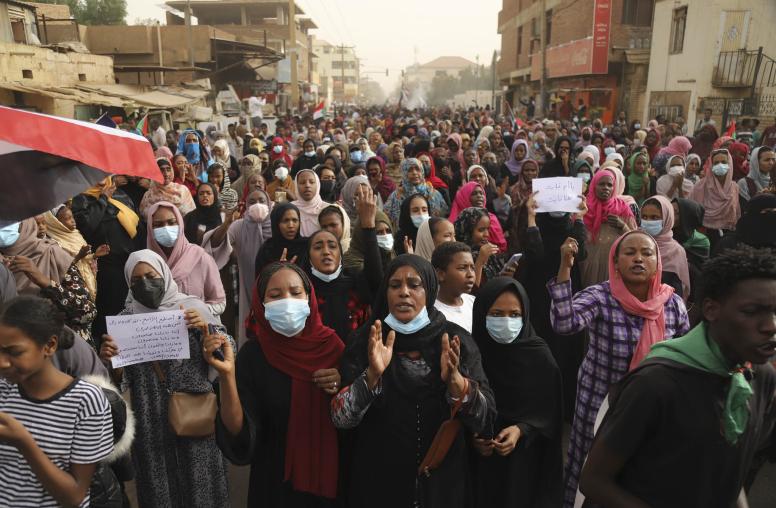Civil Resistance and Democratization
Building Democracy after Popular Nonviolent Uprisings
A groundbreaking new monograph, “When Civil Resistance Succeeds: Building Democracy After Popular Nonviolent Uprisings,” by Jonathan Pinckney, published by the International Center on Nonviolent Conflict (ICNC), demonstrates that nonviolent movements make democratic transitions more likely and lead to stronger democracies.
Drawing from decades of data, refined statistical analysis and in-depth case studies, the monograph identifies the role of civil resistance in maximizing democratic consolidation and addresses why some nonviolent revolutions lead to successful democratization and others do not. It further shares insights about what activists and their allies, including members of the policy community, can do to increase the odds of successful democratic consolidation.
How likely are civil resistance movements to lead to democratic transitions? The outcomes of nonviolent movements in the Philippines (1986), Chile (1988), Poland (1989), South Africa (1992), Serbia (2000), Tunisia (2011) and Burkina Faso (2015) may lead to optimism.
For example, Burkina Faso’s political transition was largely driven by a group of musicians, artists and activists known as Balai Citoyen (Citizen’s Broom), who mobilized citizens against corruption. The grassroots movement’s use of public street cleanings and other nonviolent tactics led to the end of President Blaise Compaore’s repressive regime and paved the way for the establishment of a new, more democratic national unity government. Furthermore, In the aftermath of the revolution and the removal of Compaore, civil resistance continued playing an important role in political transition, including civic mobilization against and bringing down a military coup.
However, cases such as Egypt (2011), Yemen (2011), and Syria (2011) provide grounds for pessimism. In Egypt, pro-democracy activists secured victory after mass-scale protests, forcing authoritarian President Hosni Mubarak’s resignation, but the country quickly slid back into military-dominated rule. Other cases, such as Georgia (2003), Nepal (2006) and Ukraine (2004 and 2014) show mixed results.
The U.S. Institute of Peace and ICNC hosted a presentation by Dr. Pinckney followed by a panel discussion. The event provided key takeaways for activists and organizers, democratization experts, as well as external actors interested in supporting nonviolent movements, particularly prior to and during democratic transition. Take part in the conversation on Twitter with #PeoplePower4Peace.
Speakers
Maria Stephan, introductory remarks and panelist
Director, Program on Nonviolent Action, U.S. Institute of Peace
Hardy Merriman, introductory remarks
President, International Center on Nonviolent Conflict
Dr. Maciej Bartkowski, moderator
Senior Director, Education and Research, International Center on Nonviolent Conflict
Dr. Jonathan Pinckney
Research Fellow, International Center on Nonviolent Conflict; Post-Doctoral Research Fellow, Norwegian University of Technology and Science; and External Associate, Peace Research Institute of Oslo
Dr. Nancy Okail
Executive Director, The Tahrir Institute for Middle East Policy
Melinda Haring
Editor, UkraineAlert blog at the Atlantic Council; Fellow, Foreign Policy Research Institute


